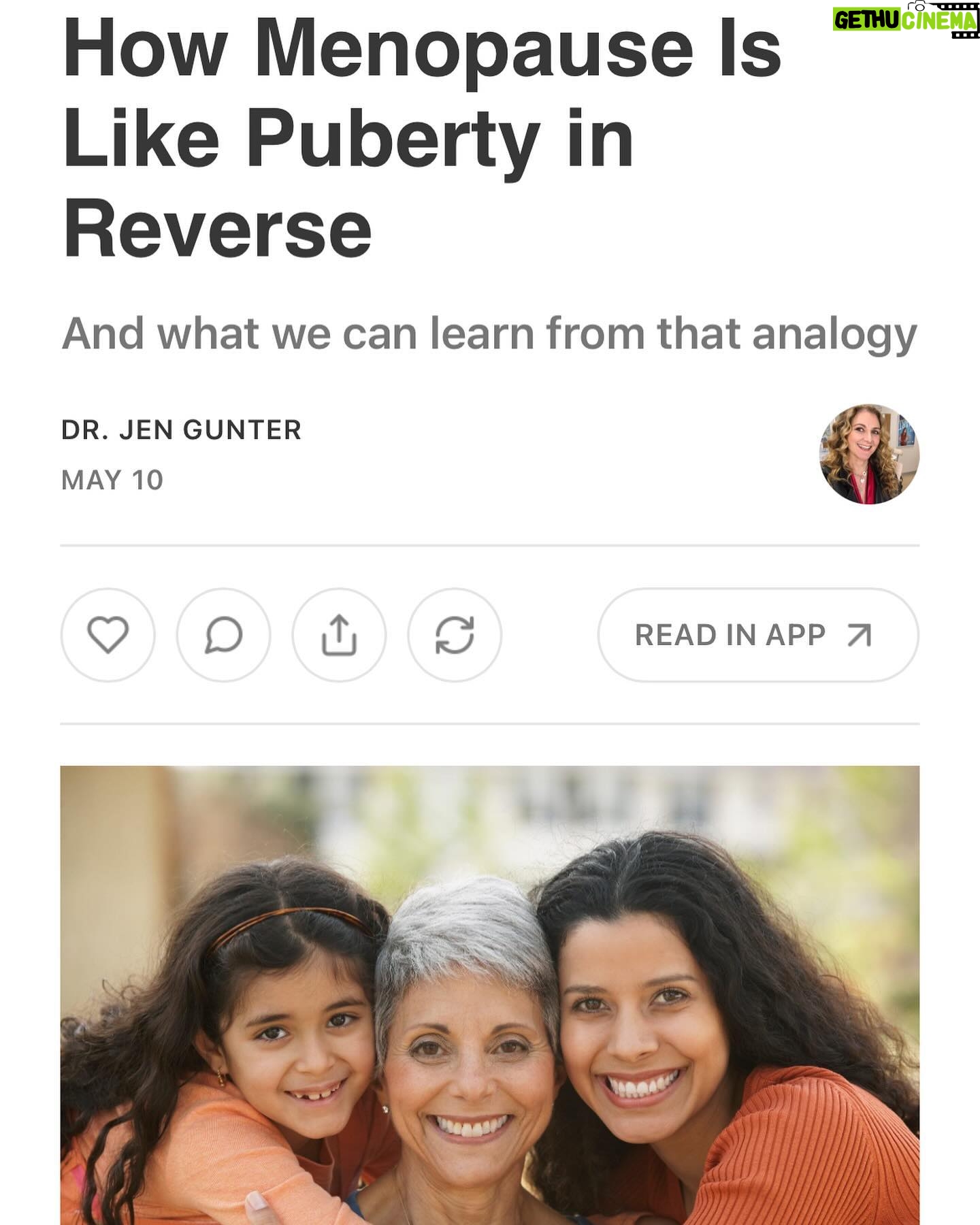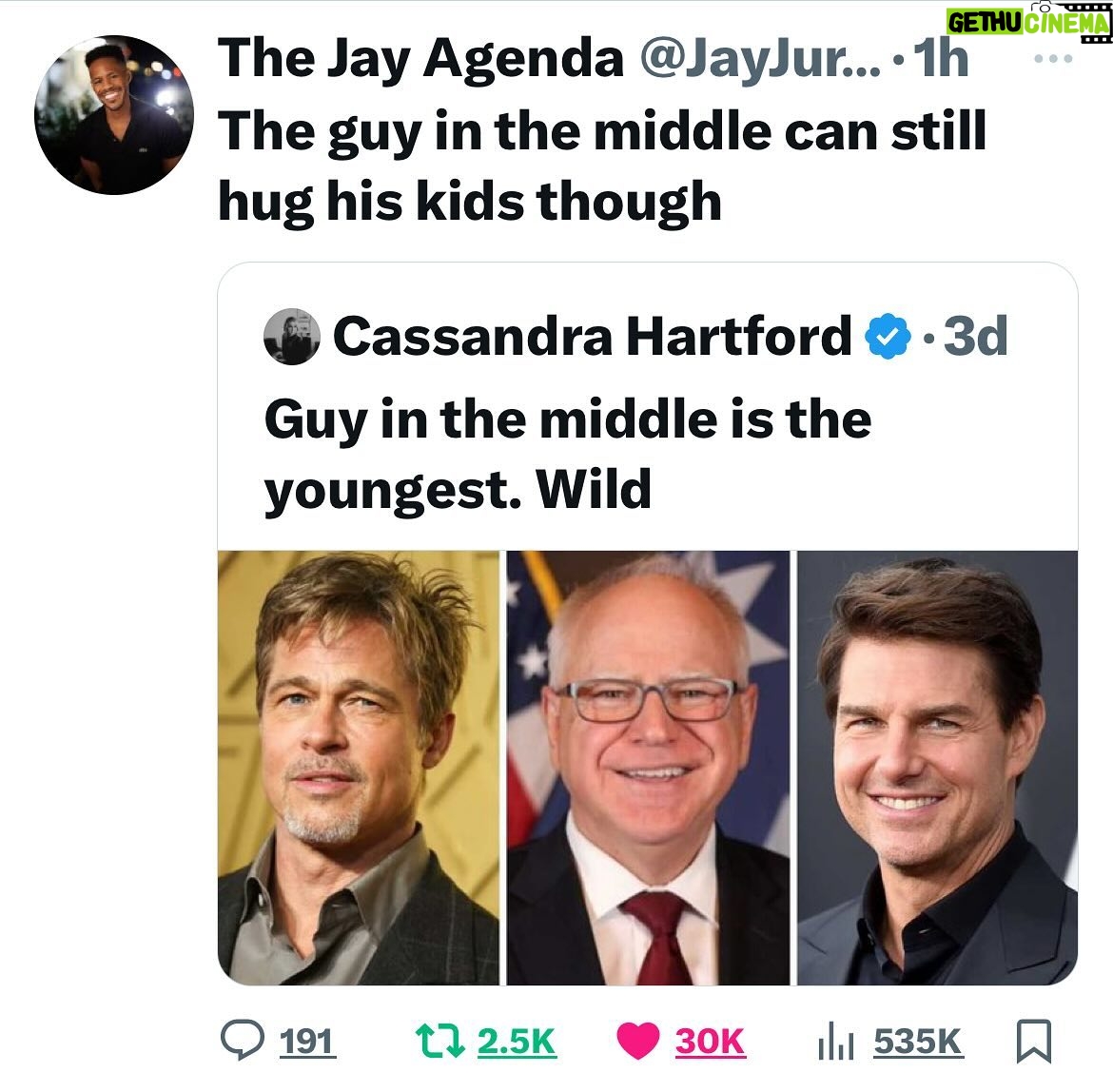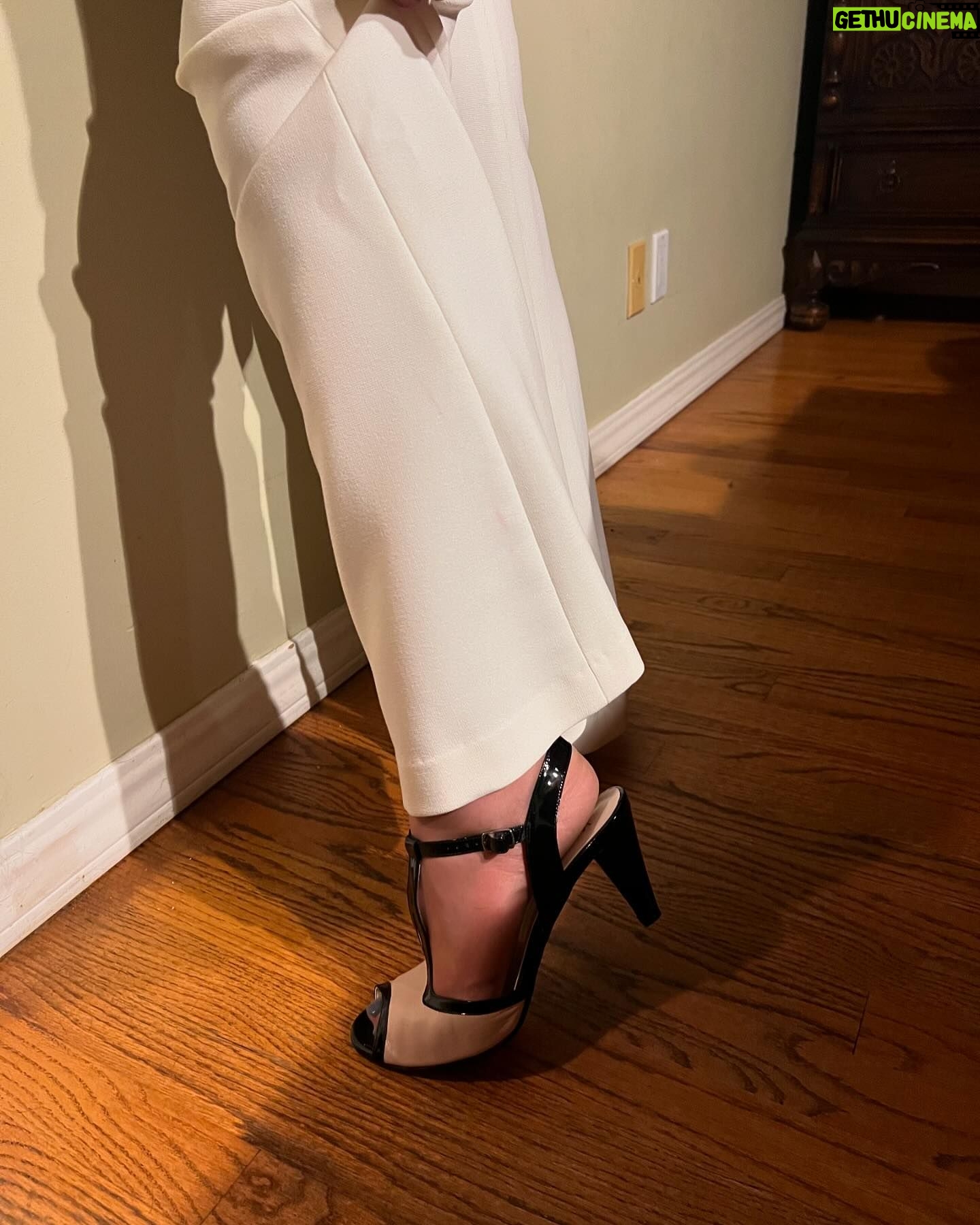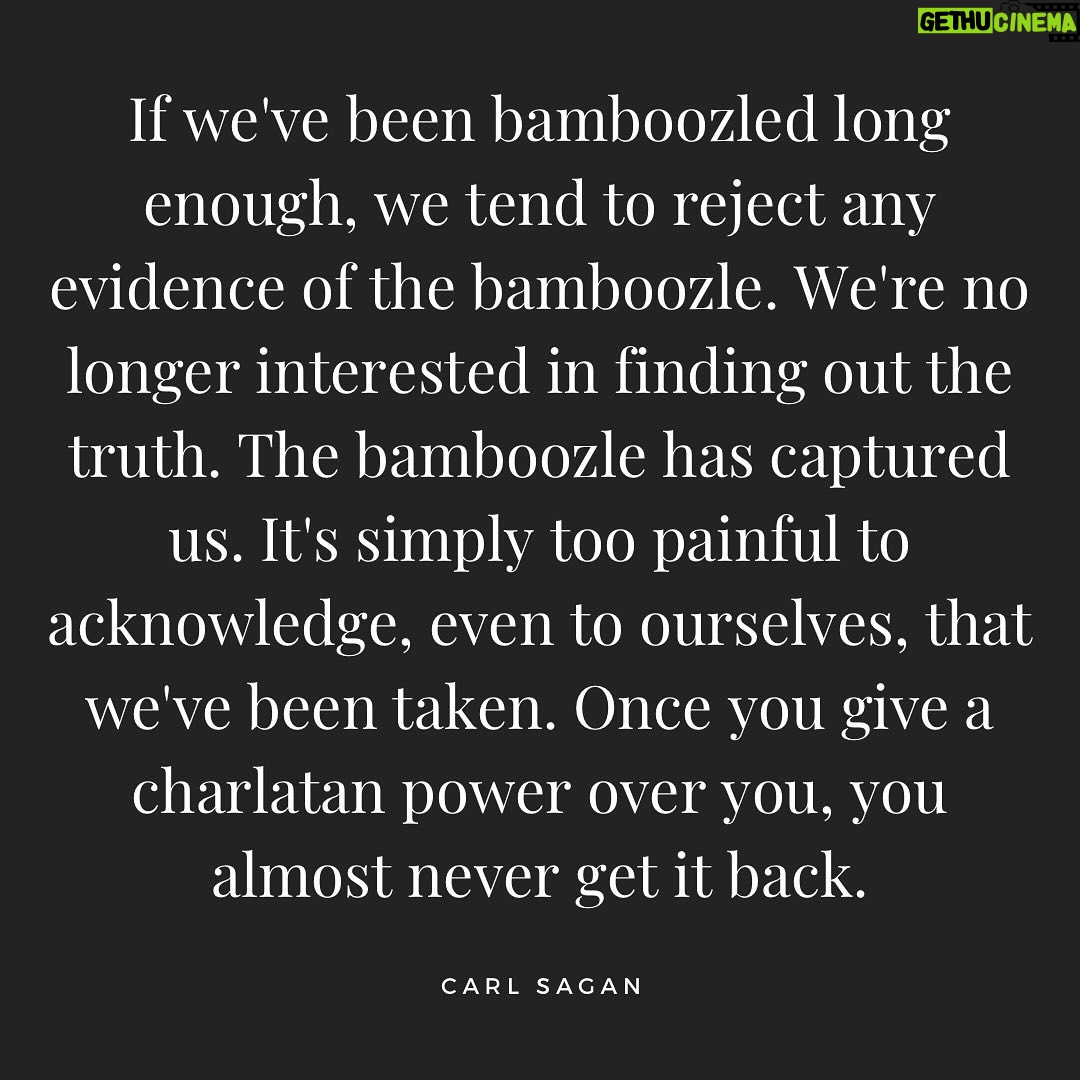Jen Gunter Instagram – I love analogies and use them often in the office. They are a good way to distill the essence of a complicated physiologic process. During my recent appearance on the @themelrobbinspodcast, we delved into menopause. I introduced the analogy of puberty in reverse to help explain this complex phase of life.
Interestingly, this upset some people. Apparently, explaining that menopause was like puberty in reverse in a 45-second clip of a much longer conversation was somehow…a false equivalency, hurtful, promoting a “horrible narrative,” and setting back women’s care as well as denying women hormone therapy. An analogy is an analogy; it’s not meant to encompass the totality of every woman’s experiences or be an actual medical definition. Of course, there are clear biological differences between puberty and the onset of menstruation and the menopause transition and menopause, but these two physiologic processes also have some mirror-image resemblances. As everyone has gone through (or will go through) puberty, but only half the population will have menopause, finding a common experience can be a valuable way to introduce a complex physiologic process.
I decided this was a great opportunity to delve into some of the similarities and differences between puberty and menopause, so I wrote about it for The Vajenda.
It is important that we hold space for all experiences. If your menopause is worse than your menstrual years it doesn’t mean that is true for someone else. And of course the reverse is true. Some people suffer catastrophically because it was puberty that brought their PMDD. And of course some people suffer catastrophically in menopause. Neither negates the other. And dismissing how puberty and the menstrual cycle can negatively affect many women doesn’t in anyway advance menopause care, in fact, I’d argue it does the opposite. Any dismissal of symptoms is unacceptable.
We can hold space for the entire spectrum of experiences and advocate for research and evidence based care for all. | Posted on 11/May/2024 04:24:32







